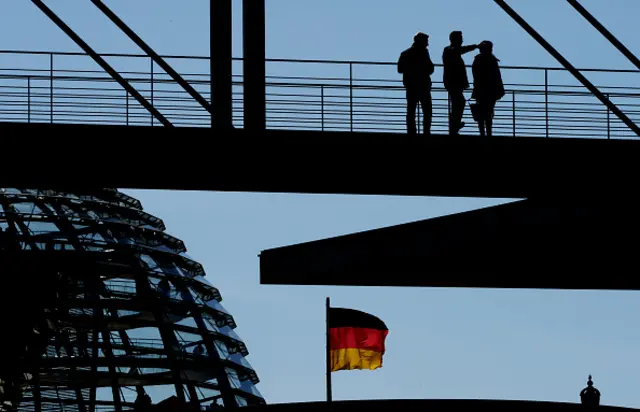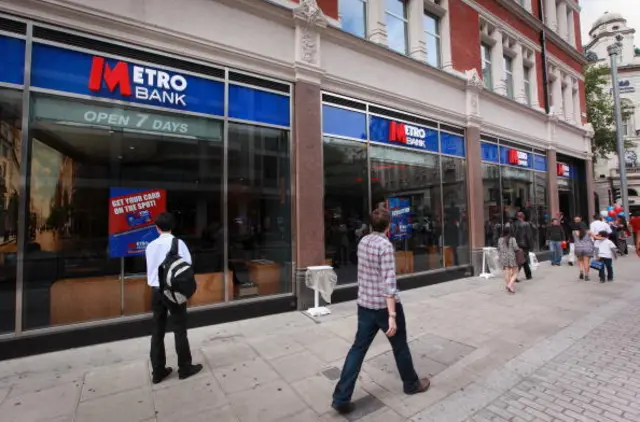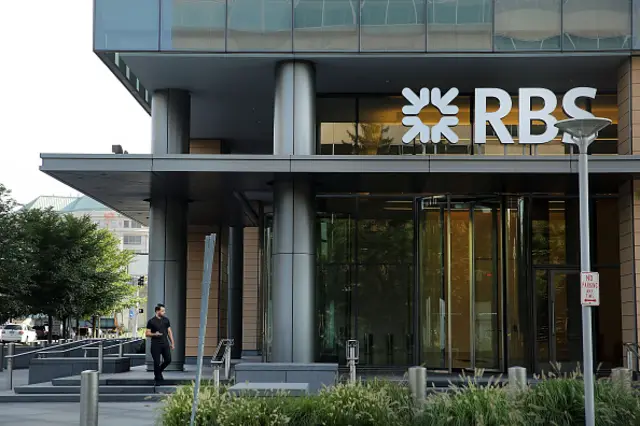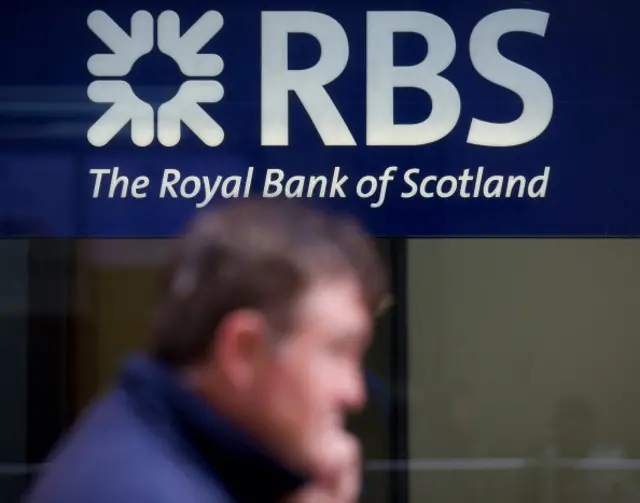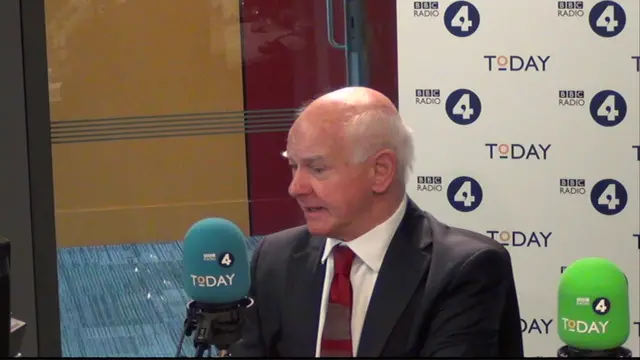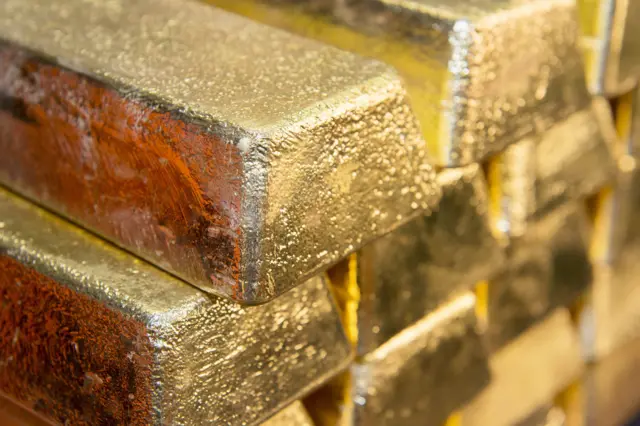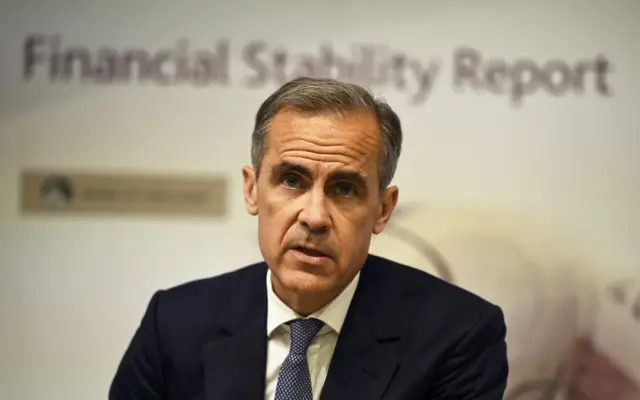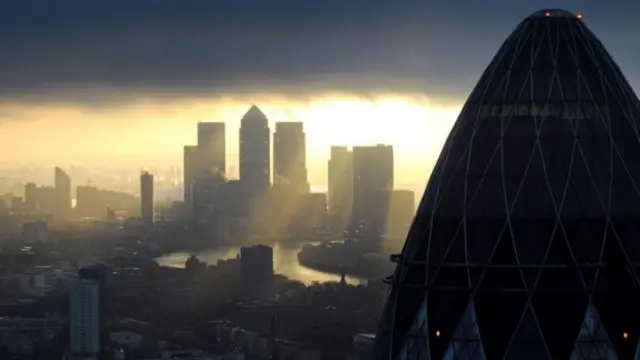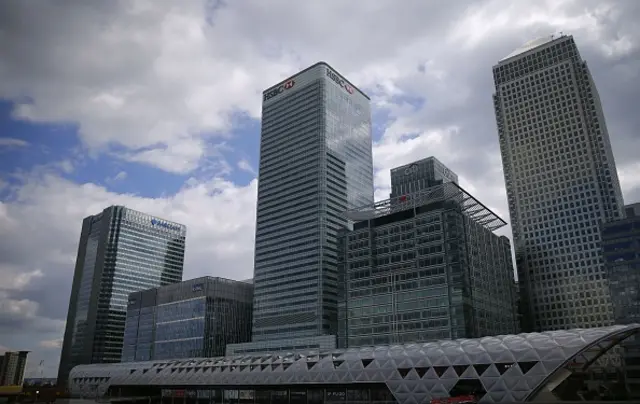Housing market outlook 'weaker'published at 09:06
 Today Programme
Today Programme
BBC Radio 4
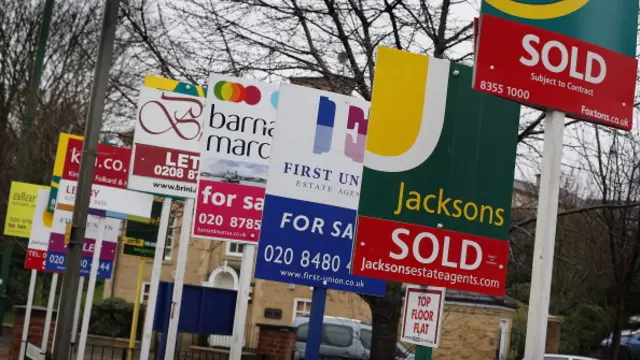 Image source, Getty Images
Image source, Getty ImagesBank of England Governor Mark Carney made it clear yesterday that the commercial property market is one of the risks to the UK economy.
Lucian Cook, director of residential research at Savills, tells Today the outlook for the UK residential market is weaker.
"In the longer term there's just uncertainty about what the wider economic environment will be and what that means for the housing market. I think critically importantly is what happens to interest rates, which is often the main determinant of house prices and there currently we're talking about cuts in bank base rate," he says.
"That could be offset by increases in lenders' margins but certainly not the spiralling interest rates which would cause, for example, significant levels of repossession which would push house prices into negative territory. It looks like it's going to be much more benign than that."
